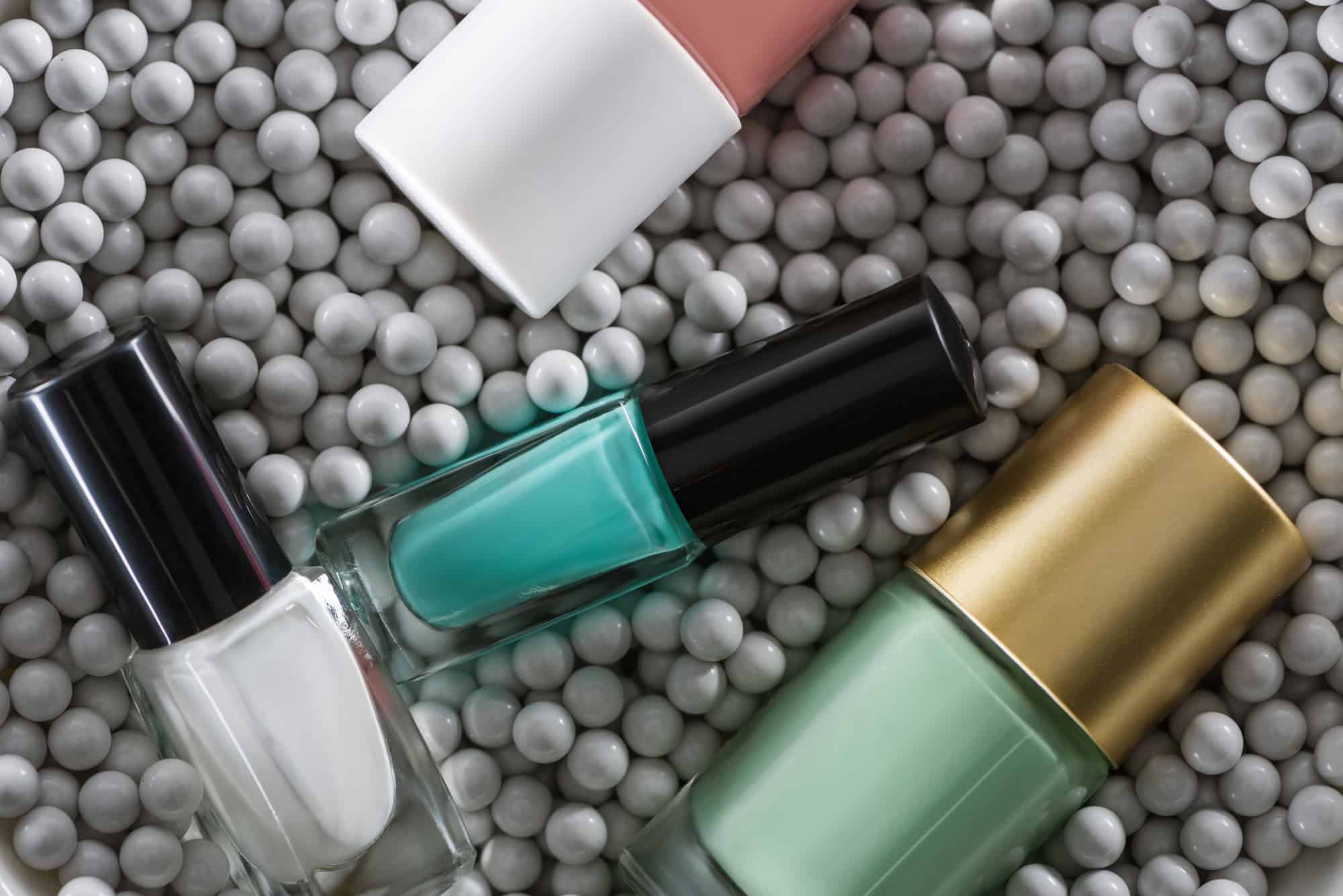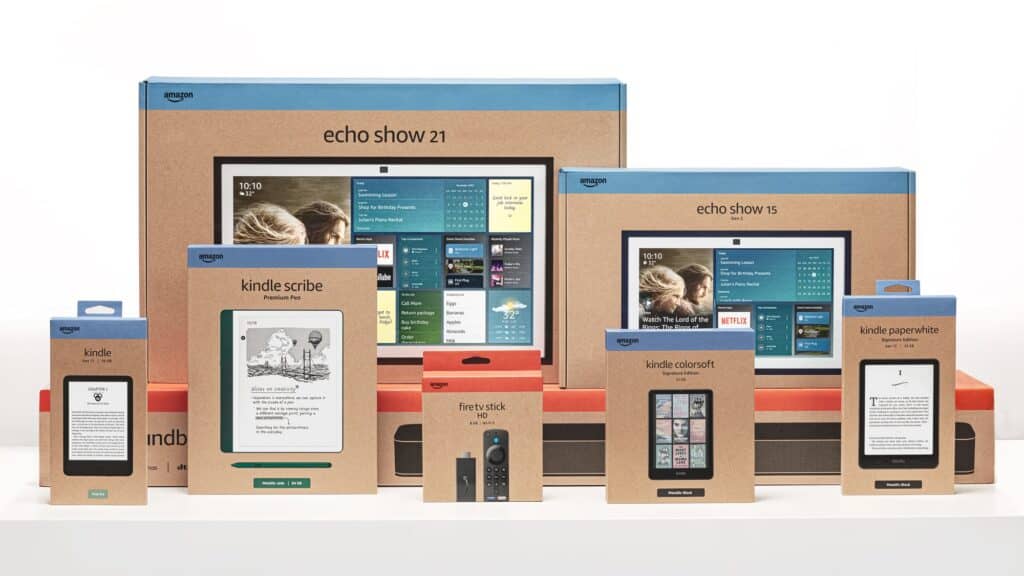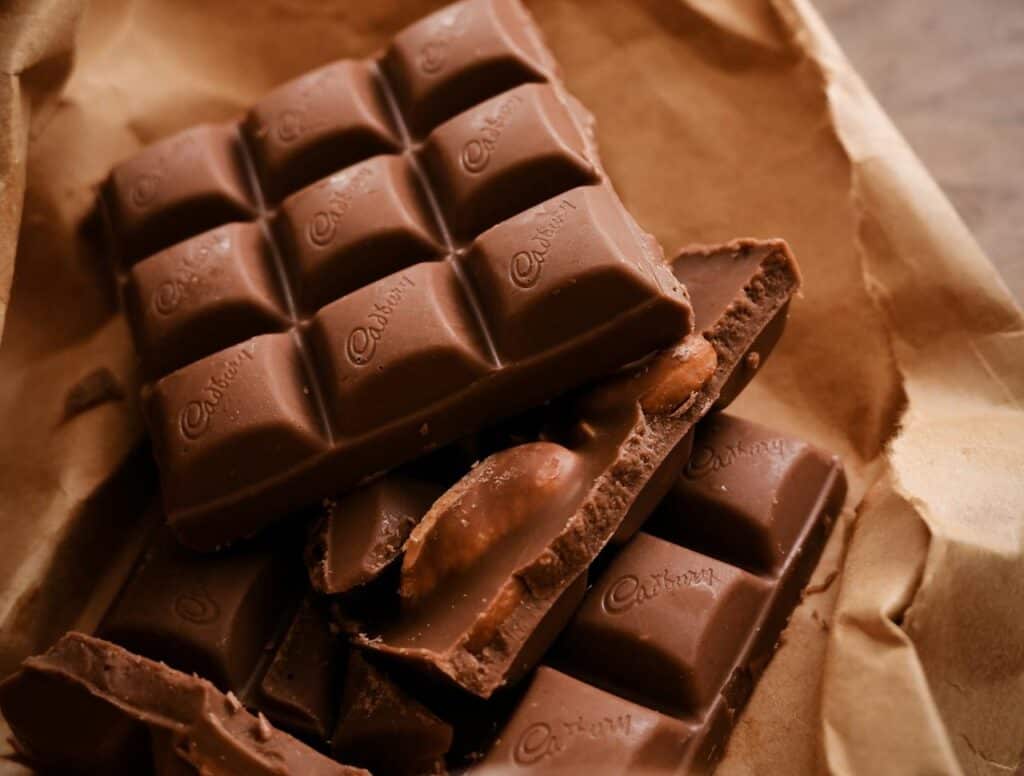Each year, over 12 million tonnes of plastic ends up in our oceans, causing untold suffering to millions of fish and animals and polluting the ocean. It has also entered the food chain with one in three fish caught for human consumption contains plastic.
The beauty industry is one of the most affected by the current focus on waste plastic and it’s a particular role in polluting our seas and oceans.
Globally, the beauty and personal care industry are worth approximately $500 billion. Every bottle of shampoo, shower gel, toothpaste, cosmetic arrives in plastic packaging.
Many of the products we use on our faces are packaged in a plastic tube, placed inside a cardboard box, which is itself wrapped in a protective plastic wrapper.
Almost all toiletries and beauty products involve some form of plastic container or wrapping. This situation is proving something of a moral dilemma and a public relations nightmare for the beauty industry.
Why Are These Plastics Problematic?
The Colours
Most of the plastics currently used for products aren’t recycled plastics as they are often printed on with the product branding, making them unsuitable for recycling.
Black plastic is also difficult to recycle because it’s carbon black pigments cannot be sorted using Near Infrared (NIR). Black is a popular colour for the plastics in a high percentage of products.
The Size
Many plastic products are very small, especially for cosmetics, and often end up being sorted into the rubbish destined for landfill by the sorting machines.
Mixed Packaging
As is common with a lot of products, there are too many different materials used in product packaging. Cardboard packaging is often mixed with foil and plastic inserts.
Microplastics
Since the mid-70s, microplastics in the form of microbeads have started appearing in our cosmetics. Often used as an exfoliant in skincare and body scrubs, these tiny particles have caused a great deal of harm to the ocean and its wildlife. The microbeads are comprised in such a way that they go on to absorb toxins in the water, which they then transfer through the food chain once they’ve been ingested.
As microbeads are so small and designed to be washed off, there is no way to recycle them. There can be up to 300,000 microbeads in one tube of product.
The UK government has banned microbeads in rinse-off cosmetics and other cleaning products since early 2018.
How Is The Industry Reacting?
Some of the larger firms know that they need to get their eco-friendly credentials in order to attract and retain customers. However, the ubiquitousness of plastic and the industry’s heavy reliance on it will be difficult to reverse. Plastic is cheap, and the move to other materials will be costly.
It is only a matter of time before governments begin to implement legislation on the use of recycled plastics so it is in the best interests of the industry to get ahead of this and make it part of their marketing and pr efforts.
L’Oreal and Unilever were some of the first companies to sign up to the New Plastics Economy goals developed by the Ellen MacArthur Foundation. L’Oreal has pledged to make their packaging either refillable, reusable or compostable by the end of 2025. 50% of the packaging it does use will be sourced from recycled plastics and materials.
Many companies are considering moving towards aluminium for their packaging. Aluminium is widely recycled and unlikely to end up in landfill due to it’s higher recycling value. Others are looking at biodegradable and combustible packaging for their products.
In response to the call for less plastic has led customers to consider alternative products such as shampoo bars and hand soap.
UK company LUSH Cosmetics, is leading the way by dispensing with packaging altogether. Their range of shampoos, soaps and deodorants come in bar form. Due to the way they are formulated, they often last longer than traditional liquid products. The number of shampoo bars sold by lush between 2015-2016 meant that 1.5 million plastic shampoo bottles were never created.
One of the most forward-thinking moves has been from the producers of feminine hygiene products.
The move toward reusable, washable products is picking up in popularity with Millenials in particular, who tend to be more aware of the ethical consequences of their buying habits.
Research by Mintel has shown that 66% of UK women aged 16-24 want to be better informed about which products are designed to be more environmentally friendly.








